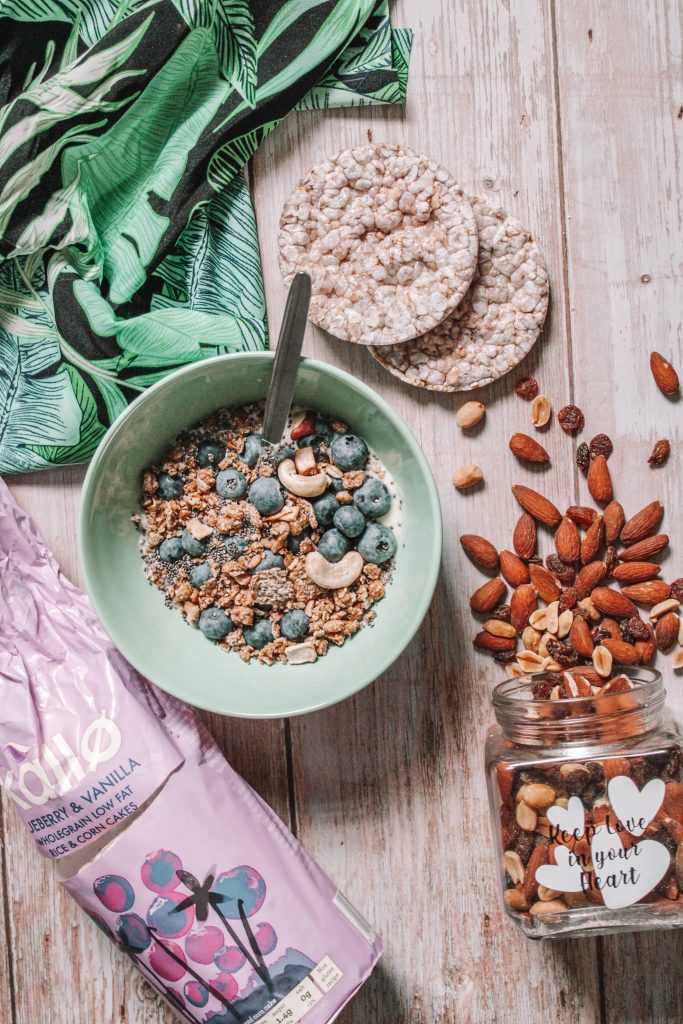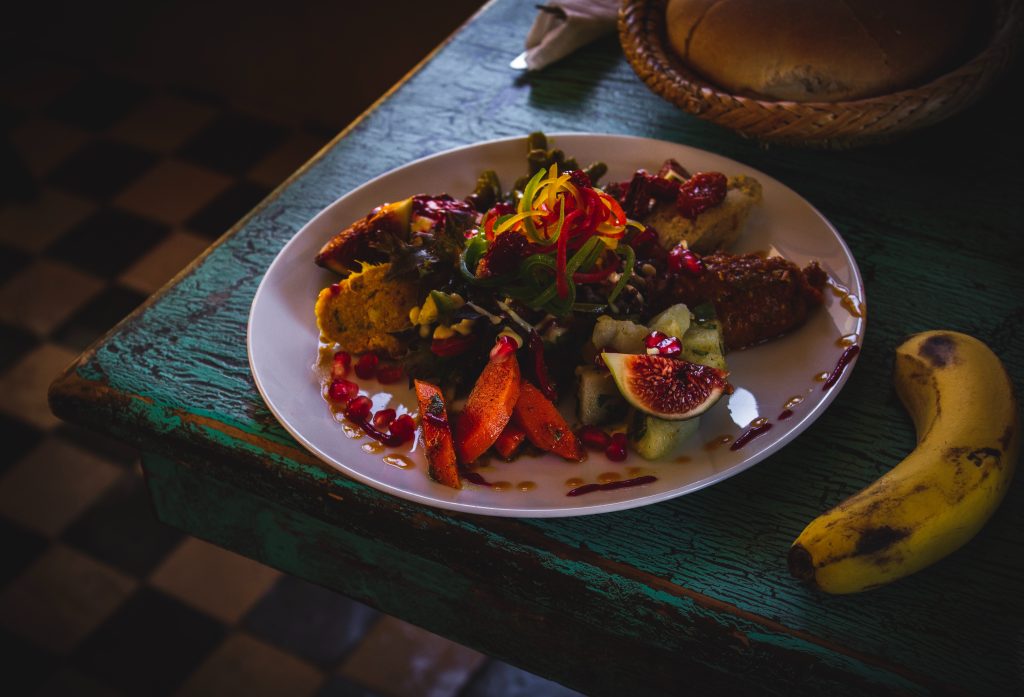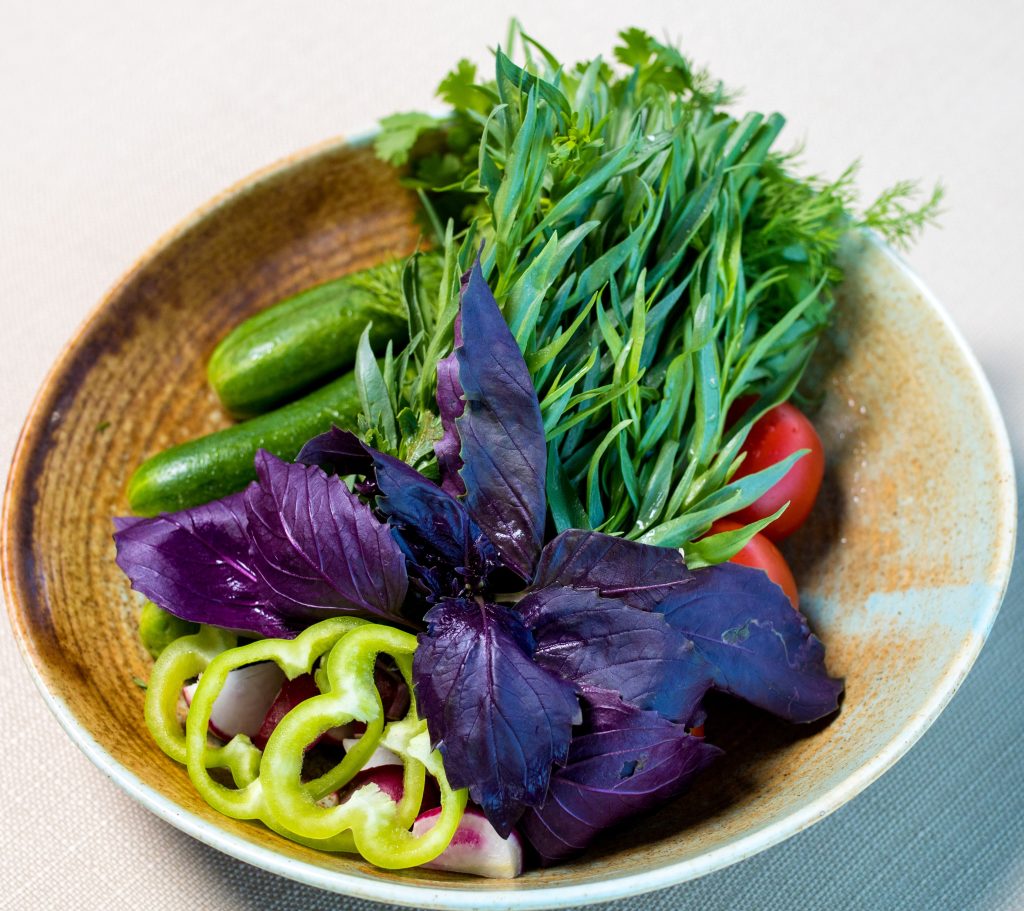Physical Address
304 North Cardinal St.
Dorchester Center, MA 02124
Physical Address
304 North Cardinal St.
Dorchester Center, MA 02124
Iodine is not always easy to come by, particularly for people who follow a vegan diet. You will find here a variety of food sources and other resources to assist you in meeting your daily requirements.
Those who adhere to a vegan diet abstain from consuming any items that originate from an animal in any way. Because of this, it may be challenging to consume sufficient quantities of a number of nutrients, such as vitamin B12, iron, and vitamin D. Nevertheless, there is one nutrient that vegans and other people, in general, may be lacking that is frequently ignored: iodine. According to the findings of a recent study conducted in Germany, just eight percent of vegans and twenty-five percent of omnivores have acceptable levels of iodine in their bodies. What exactly is iodine, and why is it so difficult to obtain in sufficient quantities? We went into the study to uncover the reasons why we require iodine as well as the best ways for all of us, even vegans, to ensure that we are getting enough of it.
If you’re used to reaching for iodized table salt, the thought of salt might come to mind when you hear it, but what exactly does the body do with iodine? Iodine is a type of vitamin that interacts with the hormones produced by our thyroid. It does this by assisting the body in the regulation of a number of different biochemical reactions, including the creation of proteins and the functioning of the metabolism. Additionally, it is essential for the development of the neurological system of the fetus, making it necessary for both pregnant women and infants to get enough of it. It is also available as a nutritional supplement, in addition to being present in certain kinds of salt and certain kinds of foods.

Iodine can be obtained through a variety of food sources, and doing so can assist us in meeting the dietary requirements for the mineral (150 micrograms for adults and 220 micrograms for pregnant woman). Unfortunately, not all of them are suitable for vegans.
Here are a few examples of iodine-rich foods that omnivores may eat:
Iodine can be obtained from a limited number of sources, some of which are suitable for vegans to consume. The majority of them are made up of iodized table salt and seaweed. There are numerous varieties of seaweed, the most common of which are kelp, nori, kombu, and wakame. One of the most abundant food sources of iodine is seaweed, which contains approximately 232 milligrams of the mineral for every ten grams of its dried form (learn more about why seaweed is so good for you). Iodized salt contains 76 micrograms of iodine per 14 teaspoons and can also assist individuals who adhere to a vegan diet in meeting their iodine requirements. However, ingesting too much sodium can have a harmful impact on the health of the heart, so it is important to be aware of the warning signals that indicate you may be consuming too much of the mineral. People who follow a vegan diet ought to make sure that their kitchens are stocked with more than just kosher salt and sea salt. Each of these has seen an increase in demand in recent years, and although they aren’t usually iodized, you may get versions of both of them that have been fortified with iodine from the store.

Whether or whether a person consumes animal products, another option for fulfilling their iodine needs is to take a supplement. This is true for vegans as well. Since dietary supplements aren’t usually subject to stringent regulations, it can be difficult to determine which ones are actually worth the money. Look for ones that have a USP seal, since this indicates that they have passed tests performed by a third party to confirm the accuracy of their labeling. Before you decide whether or not to take a supplement, you should first discuss the matter with your primary care physician.
You may also interest: Sources of calcium in a vegan diet
Yes. If you consume an excessive amount of iodine through your diet, you may experience adverse effects that are analogous to those that occur when you consume an insufficient amount. This encompasses the condition of hypothyroidism as well as goiter. If you have Hashimoto’s disease, the most frequent cause of hypothyroidism, it is extremely crucial to pay close attention to the amount of iodine you consume. For most adults, the maximum amount of iodine that is considered to be safe is 1,100 micrograms. It is quite unlikely that you will consume more iodine than that through food or supplements, but it is nevertheless important to be aware of the possibility, particularly if you are actively attempting to increase the amount of iodine in your diet.

Iodine is necessary for the proper development of the neurological system in addition to its role in the regulation of metabolic processes. Since the vast majority of dietary sources of iodine come from items derived from animals, it is possible that many vegans are not getting enough. Seaweed and iodized table salt are two things that vegans really ought to think about incorporating into their diet. Talk to your primary care provider about taking iodine supplements if you are concerned about the amount of iodine that you take on a daily basis.
More information about Vitamin B₁₂, check this out.